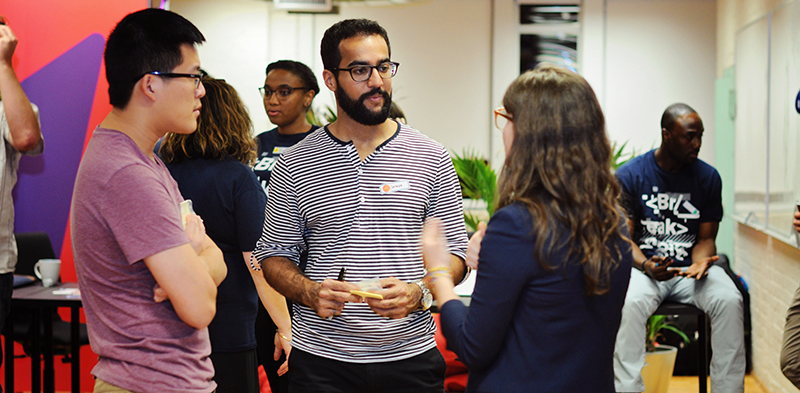
Nov 16, 2018 12:00:00 AM
Rachel Anderson is director of policy and practice at the Data Quality Campaign. Rachel leads DQC’s work to foster an effective role for the federal government in supporting education data use. She convenes and collaborates with partners and policymakers to analyze and develop constructive education data legislation at all levels. Rachel’s work focuses on student data privacy, federal policy, student access to data, education research, and state and federal legislation. Before joining DQC in 2013, Rachel worked as a research analyst in early childhood development at Child Trends, a nonprofit research organization. There she explored topics such as the definition and measurement of school readiness skills, curriculum implementation and evaluation, and teacher preparation and professional development. During her graduate studies, she worked for the Ounce of Prevention Fund with their National Policy Consultation Team, providing early education policy information and guidance to state advocates. Rachel earned a bachelor’s degree in political science from Emory University and a master’s in public policy from The University of Chicago’s Harris School of Public Policy Studies. Outside the world of education data, Rachel enjoys hiking and is always eager to try new trails.
The story you tell yourself about your own math ability tends to become true. This isn’t some Oprah aphorism about attracting what you want from the universe. Well, I guess it kind of is, but...
If you have a child with disabilities, you’re not alone: According to the latest data, over 7 million American schoolchildren — 14% of all students ages 3-21 — are classified as eligible for special...
The fight for educational equity has never been just about schools. The real North Star for this work is providing opportunities for each child to thrive into adulthood. This means that our advocacy...
Your donations support the voices who challenge decision makers to provide the learning opportunities all children need to thrive.
Ed Post is the flagship website platform of brightbeam, a 501(c3) network of education activists and influencers demanding a better education and a brighter future for every child.
© 2020–2024 brightbeam. All rights reserved.
Leave a Comment